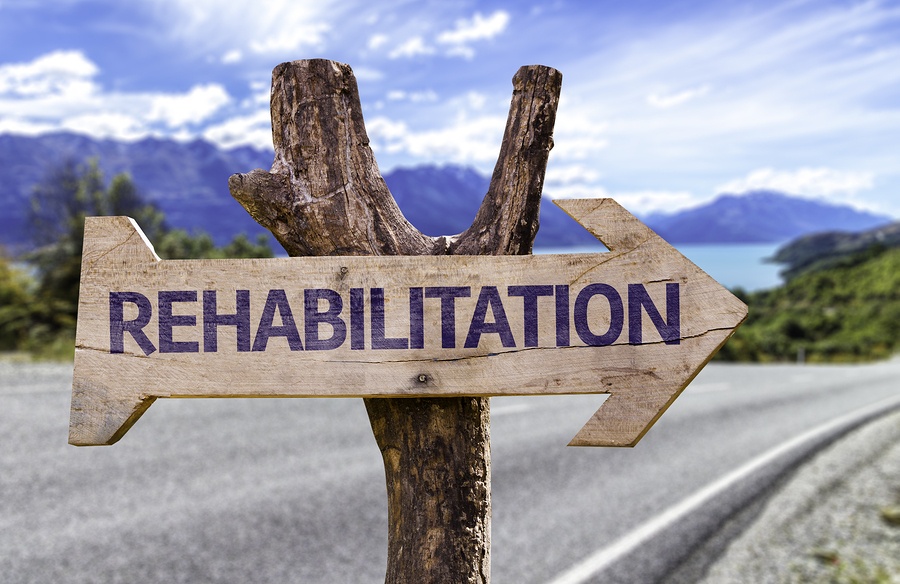Rehab has proved to be an effective remedy for patients struggling with drug addiction. It helps the victim of abuse control his corrupted brain nerves and provides a sense of motivation and competition among other similar patients. It is a primary treatment for cases related to severe drug abuse. However, with time, the medical fraternity realised that just loaded use of chemicals is not a strong treatment for drug abuse. A drug addict needs constant attention and care. His struggle is emotional as well as physical. You need to pay utmost attention to these subjects to get onto a successful recovery road.

Importance of Inpatient Rehab
Rehabilitation is a completely different world and a new ray of hope for patients who have lost themselves in the real world. Their constant temptation has barred them from living a normal life. Studies reveal that a drug abuse patient has no idea of the damage that his actions have caused to his life. For him, everything is just a source of temptation, and if anyone comes in between, the patient’s brain cells start bursting. It is a more difficult situation if the addiction is of a longer period.
Reasons for Drug Addiction
Therefore, the authorities of drug rehab focus on targeting the very basics. Things that led the patient to take drugs. There are enormous reasons that bound a person to take the help of drugs. Some of them include peer pressure, an overdose of prescribed medicine, void of a loved one, symptoms like depression, fear of the unknown, etc. The most common reason among all is peer pressure. This is a worrisome issue because this reason is pushing teenagers to fall into this pit. They are motivated by external factors like a friend offering them to take it or as a challenge to prove themselves cool. Now here in such cases, the age of victims varies from 14 to 21. This is a dangerous age to get disconnected from the world and join a rehab center. However, the good news is that the people whose age range is between 12 and 21 are more likely to recover soon.
Some of the major and notable benefits of inpatient rehab are-
- Structure and Environment-
As mentioned earlier, inpatient drug treatment is more of an emotional battle than medical therapy. It requires strong willpower and determination to overcome temptation. This is not possible until a person stays at the same place where he started taking drugs. A change is necessary. Rehabilitation centers provide this change to the patients. They create a different set of environments. Inpatient drug rehab Colorado focuses on producing positive vibrations to soothe the complexity of the brain cells of patients. The center people prepare a daily routine for victims. This daily routine comprises healthy food, good thoughts, maximum physical activity, regular counselling sessions and many other things.
The goal is to keep the patient distracted so that he doesn’t feel uneasy in the absence of drugs. Rehabs contain a lot of people who are a victim to the same problem. Hence, they get to converse with each other and discover numerous lives. A healthy routine is essential to break unhealthy habits that have trapped the patient for a long time.
- Safe Surroundings-
One of the biggest problems faced by drug addicts is that people exclude them from the purview of an honor society member. People, even family, deny or fail to understand them. This is a major reason why most patients lose their lives to suicide. But in a rehabilitation center, they are surrounded by people who understand them and their problems. They get emotional support and encouragement to fight the problem. Rehab offers peer support, which plays the role of deciding how to speed the patient will recover. An inpatient rehab facilitates its patients with various initiatives like group therapy, group interaction, etc. There have been many cases where the patients recovered themselves and helped their fellow patients in their journey to sobriety.
- Constant Medical Support-
Unlike an outpatient program, inpatient rehab centers Arizona provide 24 hrs medical support to their patients. Thus, their activities, movements, recoveries are constantly monitored by the staff. In case of any medical emergency, the patient gets help within a matter of seconds. This kind of support is impossible out of inpatient rehab centers. As the patient is fighting with a chronic illness, chances of relapse are very high. He might even encounter unpleasant symptoms as their bodies are trying to break a bad chain created by unhealthy habits. Therefore, constant medical support is essential.
Conclusion
Treatment of substance abuse is a very sensitive subject. In lack of proper tools and resources, chances of success are almost nil. These tools can only be accessed if the patient is under the right support provided by inpatient rehab centers.



